Photographs: Reuters Puneet Wadhwa in New Delhi
Reserve Bank of India (RBI)’s measures for banks brought some cheer to the equity markets that have been on a downward spiral given the rupee’s fall.
At the global level, the markets are also eyeing minutes of US Federal Reserve’s July meeting for the fine print on bond buying tapering off plans.
Andrew Holland, CEO, Ambit Investment Advisors tells Puneet Wadhwa in an interview that the new RBI governor should come in and slash key interest rates. That’s the only way we can see some revival, he says. Edited excerpts:
The markets (Sensex) lost over 1,000 points in the last few sessions. Did you see such a fall coming or has that taken you by surprise? What is your interpretation of the Reserve Bank of India’s (RBI’s) recent measures?
I think we were too negative earlier. RBI’s actions had actually spiralled down the economy when we didn’t need them to. All this impacted the banking stocks and highly leveraged companies.
I think that the measures announced Tuesday are good and they have actually now, to my mind, reversed a part of the monetary policy in a meaningful way. So, I am quite enthused by the recent signals by the central bank.
Though it might not be great for the currency, the moves will benefit India Inc. I am more bullish now on the overall situation as compared to, say yesterday.
Until yesterday, there was a need to change/reverse some policy decisions since they were not working. The government needs to take up reforms and hike petrol and diesel prices.
Going ahead, the markets will also be eying US Federal Reserve’s (US Fed’s) moves as regards tapering off of the quantitative easing programme. I don’t think that it will be as bad as people are thinking it to be.
They may make a start soon, but I think it will be a small start. There is need to stability in the emerging markets (EMs), including India and one can expect the currency to start strengthening from here on since it is already looking oversold.
…
'Worst-case scenario for rupee is 70 against the dollar'
Image: Andrew Holland (In the inset).What do you think of the remaining half of calendar year 2013 given that the US Federal Reserve will begin the tapering off the quantitative easing programme?
I think the tapering off programme is pretty much baked in. If you have a scenario where the tapering is as much as what the markets are currently factoring in - which is our belief now - and if the government can do some form of much needed reforms to attract capital, then we could see the market rally from here on.
Over the next two - three months, a lot will hinge on what the policies are.
What policy announcements do you expect from the government?
The government still needs to open up certain sectors like insurance. They need to get investor’s confidence back into the markets and India Inc.
So, once they are able to do that, overseas investors will again start to look at India as an investment option more favourably. For instance, despite opening up of the retail sector, we haven’t seen any meaningful investment in this sector thus far.
So, it’s all about confidence and this is what needs to be brought back.
In the current environment, India is being seen as a more progressive place and the government needs to bite the bullet when it comes to key reforms such as hiking petrol and diesel prices and other harder issues. All this will help foreign investors steer their investment towards Indian shores.
The new RBI governor should come in and slash interest rates. That’s the only way we can see some revival.
…
'Worst-case scenario for rupee is 70 against the dollar'
Image: Fed Chairman Ben Bernanke.Photographs: Reuters
Do you think that the government will be able to bite the bullet as regards reforms, especially when we are heading into an election year?
Well at the end of the day, they have to. This is because what all has been done thus far is not working at all for the economy.
How are other emerging markets (EMs) and Asian markets placed in comparison to India?
Every market is different. Any economy that has current account deficit (CAD) like India, Indonesia, Turkey to some extent, has not been a great market.
So, investors are taking a view that they do not need to be places where there are problems, especially related to the CAD. There could be a bit of reversal from there.
However, if the US Fed is not too aggressive on the bond buying tapering, then we could see a move back to come of the economies in the emerging markets.
What are you expecting from the US Fed this time around?
It is quite difficult to predict right now. But my guess is that they are going to do some tapering and possibly in September. The markets, too, are expecting this. However, this will not be as aggressive as anticipated.
At a time when the Indian economy is slowing down and foreign institutional investors (FIIs) have been deserting India, we had the NSEL crisis.
…
'Worst-case scenario for rupee is 70 against the dollar'
Image: NSEL promoter Jignesh Shah (In the inset).Photographs: Reuters
What are the investors interpreting from the developments? Have we done enough to assuage their concerns?
I don’t think there are significant implications for the foreign investors; it is the retail segment that has suffered.
It all seems a big mess and it has come at a time when the markets actually did not need such an extra negative.
But otherwise, it is largely isolated to the high networth individuals and brokers as far as I can see.
Where do you see the rupee in the next 6 - 12 months? Is a level of 70 against the dollar possible?
I think that the rupee is oversold at the current levels and there can be a bit of a bounce from here on.
A best case scenario for the rupee over the next 6 - 12 months is that it goes back to 60 levels against the dollar if the government takes proactive measures. The worst-case scenario is a level of 70 against the dollar.
…
'Worst-case scenario for rupee is 70 against the dollar'
Photographs: Reuters
Banking stocks have been in the line of fire. This comes at a time when the central bank is planning to dole out more licences. What’s your call on the interest rate sensitive pack, especially banks?
The index itself is not really a true reflection of what is going on in the broader market. The banking stocks are reflecting what the RBI has been doing since the past few months. I think most of the pain has already played out now.
Given my expectation from the US Fed, one can expect a strong rally from here. The private sector banks have tanked nearly 20 - 25 per cent. One can expect at least 50 per cent recovery in these counters.
I am not so bullish on all the interest rate sensitive stocks but I think one can definitely play the banking sector at this stage. I don’t it is the right time to jump into the cyclical sectors.
What about the information technology (IT) sector in the light of the rupee’s outlook?
IT has been a great performer. Going ahead, IT can underperform as compared to high beta and banking sectors.
Are there any pockets of strength or opportunity for investors in the equity markets as things stand or will investors be able to buy stocks cheaper in the next three months?
I am of the view that the markets will trend higher as we go along. Having said that, I don’t think that the worst is factored in yet given how the policies may shape up. But from what I can see, there should be a good rally from here on.

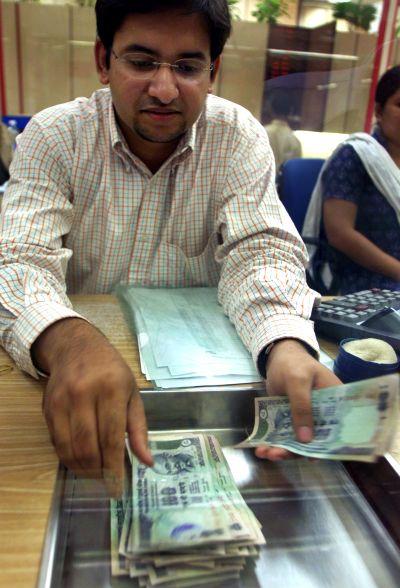
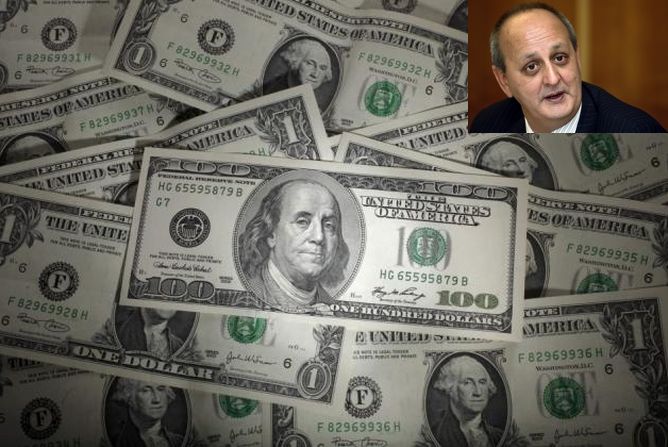
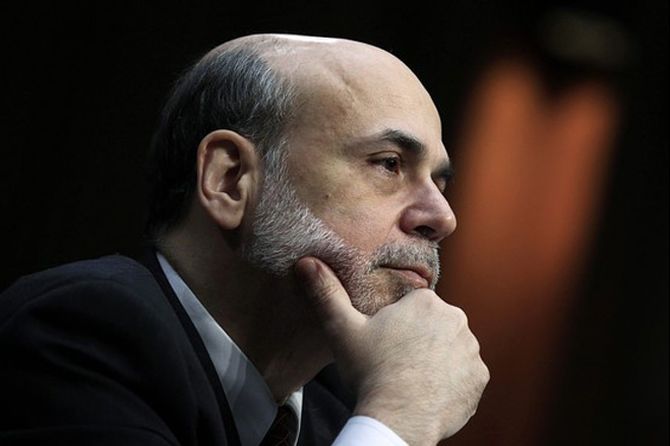
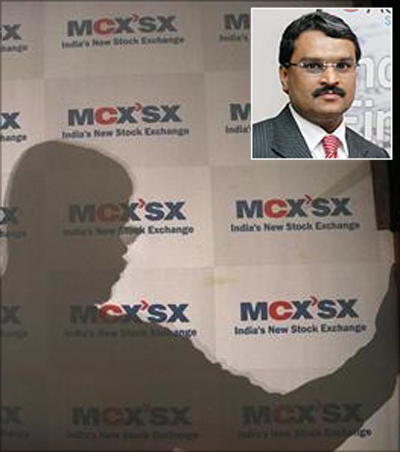
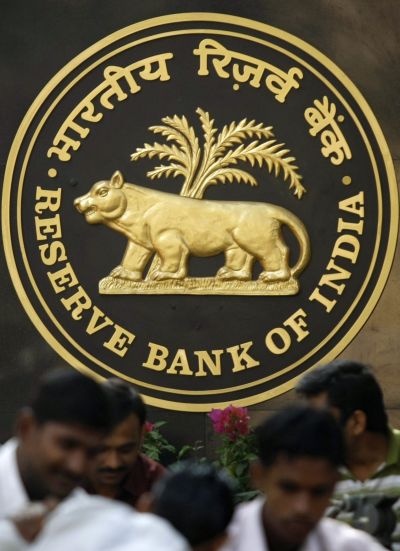

article